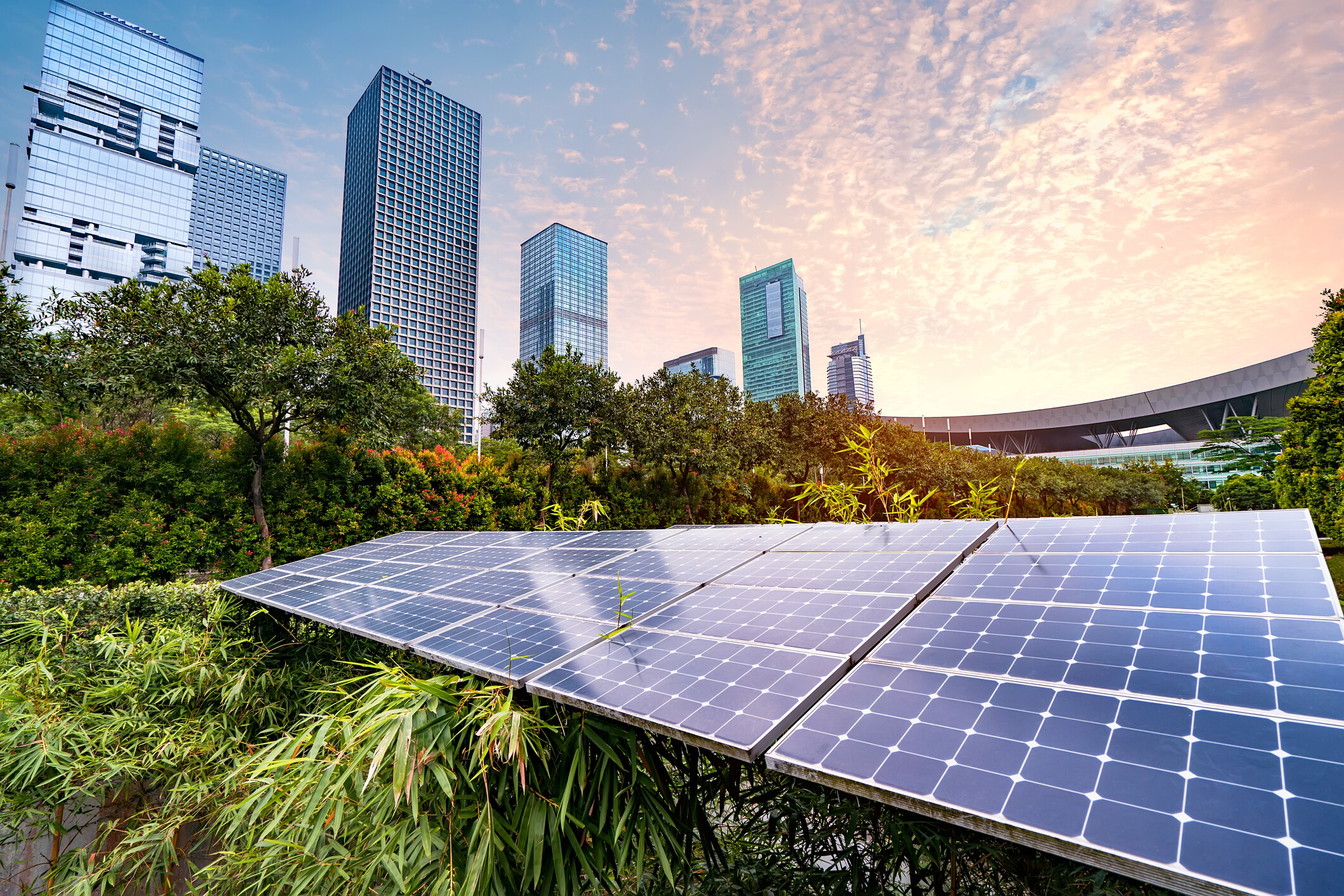5 reasons to be more cheerful about the future of the oceans
A new wave of ocean awareness
Image: REUTERS/Jon Nazca
Stay up to date:
Future of the Environment
There are lots of reasons to feel blue about the state of the ocean. From acidification to climate change's impact on the zooplankton that form the basis of the marine food chain, there’s a constant stream of bad news.
But there’s also room for optimism. World Oceans Day on 8 June aims to celebrate our seas – and remind us why we should protect them.
Here are some stories published recently by the World Economic Forum that show what people are doing to save the oceans.
Salty sanctuaries
Ocean exploitation could be limited through the creation of sanctuaries. A plan set out by the University of York, the University of Oxford and Greenpeace – would see at least 30% of the global oceans become protected areas, or ocean sanctuaries.
Managing the ocean sustainably
In a piece written for Davos 2019, the Norwegian Prime Minister Erna Solberg said achieving the Sustainable Development Goals will mean producing more from the ocean, in terms of food, jobs and energy.
But – and it’s a big but – this will require better management, preventing degradation and improving its environmental state.
The good news is, though, that sustainable management of the oceans could provide enormous benefits to humanity: “We firmly believe that the oceans hold the key to solving many of the most challenging tasks facing the world today,” she wrote.
Have you read?
Net impact
Discarded, lost and abandoned fishing gear – so-called “ghost nets” – damage coral reefs and kill marine life.
But thanks to the work of a conservation group, ghosts nets are getting a new lease of life as recycled volleyball nets, including on Rio de Janeiro's Copacabana beach. The project works with local divers and salvage companies to remove nets from the sea - making sure no more fish can be accidentally caught in them.
6 for 1
Okay, this one might be cheating a little bit… here are six positive developments.
From an Indonesian government project to tackle plastic pollution, to electric ferries, these initiatives tackle some of the biggest issues facing the oceans.
What's the World Economic Forum doing about the ocean?
Voices for the deep
In another Davos piece, Laura Liswood, Secretary-General of the Council of Women World Leaders, called for greater gender equality in all things ocean.
“Fishing and aquaculture are neither gender-blind nor gender-neutral,” she said. But groups such as Friends of Ocean Action, which is convened by the World Economic Forum and the World Resources Institute, are making sure women’s voices are heard.
If we are to solve the many challenges facing the oceans, women need to be involved in the decision-making process.

Don't miss any update on this topic
Create a free account and access your personalized content collection with our latest publications and analyses.
License and Republishing
World Economic Forum articles may be republished in accordance with the Creative Commons Attribution-NonCommercial-NoDerivatives 4.0 International Public License, and in accordance with our Terms of Use.
The views expressed in this article are those of the author alone and not the World Economic Forum.
Related topics:
Forum Stories newsletter
Bringing you weekly curated insights and analysis on the global issues that matter.
More on Sustainable DevelopmentSee all
Fredy Vargas Lama
March 28, 2025
Reema Nanavaty and Prerna Saxena
March 25, 2025
Denise Rotondo, Emily Bayley and Vijay Bains
March 24, 2025
Fernando J. Gómez and Wesley Spindler
March 24, 2025
Luqman Lawal M.D., M.P.H. and M.B.A
March 20, 2025
Andrés Gluski and Christian Bruch
March 19, 2025





